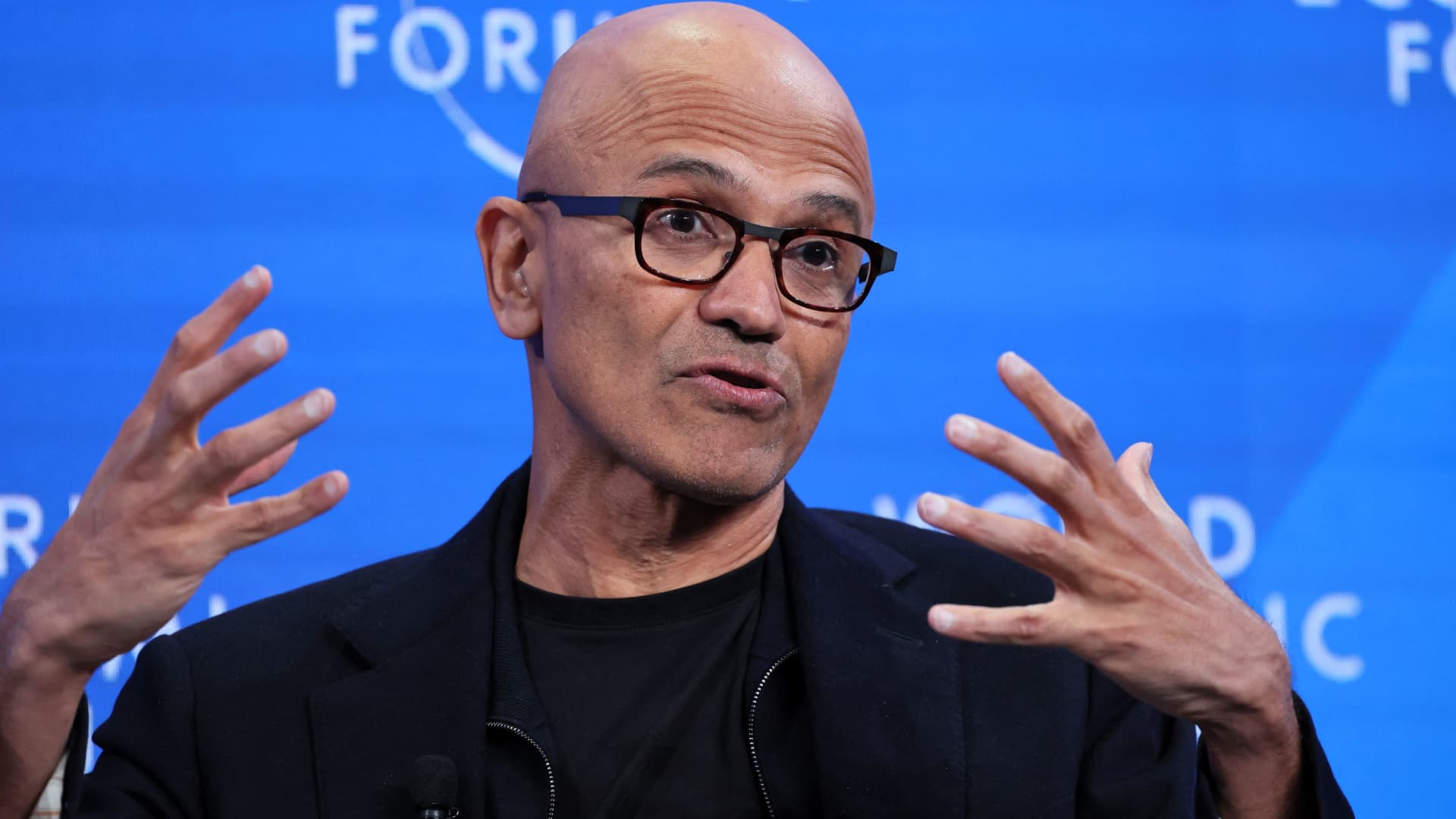
Microsoft’s rivals won a reprieve on Monday, when the software giant said it would split up its Teams and Office bundles following scrutiny from European regulators.
Zoom, whose video chat app took off during the Covid pandemic, has struggled of late to compete with Microsoft’s suite of communications products. Slack, now owned by Salesforce, has long pined for this type of split, submitting an antitrust complaint to the European Commission in 2020 over what it viewed as illegal tying of Teams into Office.
With Microsoft’s latest announcement, some customers will have to pay more money to get the same features. For example, new clients of Office 365 E3 will pay $3 more per person per month with the split than they would for the combined offering, according to a blog post and previous price lists.
Analysts at Mizuho Securities wrote in a note on Monday that “while customers believe Zoom is a superior platform vs. Teams” and other vendors, “the bundling of MS Teams to Office 365 has always been enticing for customers to consider Teams.”
Zoom’s revenue growth, which peaked at over 350% in 2020 and 2021, slowed to 2.6% in the latest quarter and has been in single digits for seven straight periods.
“In our view, the unbundling of MS Teams should help alleviate some enterprise churn headwinds,” wrote the Mizuho analysts, who recommend buying Zoom shares.
Organizations that already pay for the Microsoft bundle can keep using Teams and Office as is or, “if they wish to switch to the new lineup, they can do so on their contract anniversary or renewal,” the blog post said.
Last year, Microsoft generated almost $53 billion in revenue from Office, including Teams, up about 14% from 2022. CEO Satya Nadella told analysts on the company’s earnings call in October that Teams had over 320 million monthly active users.
Salesforce, which competes with Microsoft in a number of areas including communications and collaborations tools, acquired Slack in 2021 for $27 billion, its most expensive purchase since the company’s founding 25 years ago.
In July 2020, months before Salesforce announced the agreement, Slack filed a complaint about Microsoft in Europe.
“Microsoft is reverting to past behavior,” David Schellhase, Slack’s general counsel at the time, was quoted as saying in a press release, referring to the “browser wars” of the 1990s. “They created a weak, copycat product and tied it to their dominant Office product, force installing it and blocking its removal.”
The year prior, Slack wasn’t expressing much concerns about Teams. Slack founder and former CEO Stewart Butterfield said on an earnings call in December 2019 that while most of the company’s top customers used parts of Microsoft’s Office 365 suite, they were choosing slack for messaging instead of the Teams app.
Zoom’s stock slipped about 1% on Monday and Salesforce shares rose 0.4% A Zoom representative didn’t respond to a request for comment, while Salesforce declined to comment.
The Financial Times reported last year, citing unnamed individuals, that Microsoft would eventually let companies choose to buy productivity software subscriptions with or without Teams to head off a competition investigation from the European Union. Months later, the European Commission disclosed a probe into Microsoft’s Teams and Office bundling.
In response, Microsoft started selling distinct subscriptions for Teams and for other productivity software in 31 European countries.
“To ensure clarity for our customers, we are extending the steps we took last year to unbundle Teams from M365 and O365 in the European Economic Area and Switzerland to customers globally,” a Microsoft spokesperson told CNBC in an email. “Doing so also addresses feedback from the European Commission by providing multinational companies more flexibility when they want to standardize their purchasing across geographies.”
WATCH: How Microsoft has been dodging regulatory trouble amid broader big tech headwinds




